If you're doing paid trials for your martial arts business, this simple tweak will double your signup rate.
- The system that lead to 86 paid trial signups in 2 weeks
- How to match your marketing message to festive season celebrations
- What a paid trial is and how it works
- The missing factor in most paid trial promotions that robs your success
- Why Facebook Marketing is not enough
- And more
*Need help growing your martial arts school? Learn More Here.
TRANSCRIPTION
Hi, this is George Fourie from martialartsmedia.com. Today, I'm going to be talking about paid trials, how they can help boost your sign up rates for your martial arts school or your martial arts gym, how you and use this festive season and back to school and all these events to really amplify your results, and I'm going to be talking about the one key factor that everybody is not doing with paid trials that is literally robbing you of your success.
In the last few weeks, we've been helping one of our clients with their paid trial offer. We've been helping them optimizing and tweaking it and really adding a few elements to skyrocket their results, and that's really what happened. We managed to help them generate 86 paid signups within two weeks – that's 86, 86 paid signups within two weeks. And just last week, I was interviewing somebody else on the Martial Arts Media business podcast, who's really taken this paid trial concept and they've restructured their whole process of enrolling people that actually eliminated everything free and everything goes through the paid trial feature, which in a way helps them not to focus on selling, because that's just what it is. If you want to start training, here it is, you join, pay the trial and you train with us and you assess it from there and you walk away with value either way.
Having this in place eliminates a lot of the time wasters and there are so many benefits to it, and I want to get into that because there are a few things that I'm going to be talking about here, that you can do right now to your offers to optimize your results and this can be done during the right season. At the time of recording this, there'll be the whole back to school trend coming up – there's always going to be a reason to market, so you can adjust your offers to match what is happening in the environment. Right now, it will be Christmas, that's almost over, but there's always things like back to school and New Year's and New Year's resolutions and so many things happening.
So, first and foremost, 86 paid trial sign-ups in two weeks. Now, taking a step back: if you're not familiar with the paid trial, to explain the basics of it, it is basically having a front end offer, something that's very cheap, whether it's 30, 50, a 100, but something that is affordable for anyone to take and then providing a free training trial, which can be two weeks, three weeks, four weeks or a few classes, or whatever suits your establishment and it's something that you've got to test.
Ideally, try to give away something physical as well, maybe a set of gloves for kickboxing or a uniform. Putting that in place is a lot easier for people to decide, because even if they might get a free trial they think, “Well, free: I'm going to come in and they're going to try and sell me something,” whereas, when you're just paying a once off amount, a small amount, you can justify it and you're getting something that you can keep, physical, gloves or a uniform or something and you're getting some training. In a way and strangely enough, you put an offer like that in the front and now you are eliminating a lot of your sales headaches because that's just what it is: you buy it for $50 and this is what you get or whatever the offer is.
So, how did we take this type of concept and how did we get to 86 sign ups within two weeks? There were a few components that were in play. Now, I can't stand here and tell you “Do this and you're going to get 86 sign ups,” because there are a lot of components in play. And a lot of this also depends on what type of marketing you have been doing, how familiar people are with your brand, what time of the year it is and how the offer applies to that as well.
So always be thinking touch points: if you aren't out there marketing, how many times have people interacted with your brand? What have they seen, what have they seen on social media, have you provided value to them and content or something, or do they just keep seeing the same offer? Because if they keep seeing the same offer, there is no urgency to take up that offer. They know that they can contact you at any given time and take up that offer. So when you want to create a rush of people, then it's key to do a few things.
One, you want to set a deadline that you can only get it within this time frame, and that means obviously that if you are running a paid trial offer, that you've got to change it up, you've got to provide something different from value. There are a few ways that you can go about this. You can for one, just have that one offer, but create maybe something different, like a waiting list, and only open up at certain times.
I know that sounds crazy to a lot of people, but you can do that because you create a rush of buyers, because there is a deadline on when people can get in and they know that there is a chance that they are going to miss out. Or just go ahead and if you want to go on a craze or something like what's happening now at Christmas time, or it's Easter, or whether it's back to school, tie your marketing to that message and put a strict deadline to it. So a deadline that people can only take at this point in time and that's it.
Now, the marketing components we used for that was Facebook, they were doing a lot of Facebook marketing. Basically, targeting different audiences and their fan page. Now again: if you've got a good following, this is going to help, because you're going to have all these people that are familiar with your brand that are going to take you up on your offer, if the offer is a good match for them. Then we also did strategic email campaigns and we really drove to the deadline of when the cut off is and when they have to take up the offer and when it was five o'clock the cutoff, we took the page down, so people could literally not by at that time anymore.
So you also can't be fake and false scarcity, people see through that and your local business and you don't want to go down that track of creating false scarcity and people can just get it at any time, because you lose credibility instantly and it just takes those few people to know and spread bad rumours about you, so you don't want to do that. You want to be genuine and authentic in how you do it. So, email marketing, Facebook marketing, direct marketing and putting a direct deadline on that.
Now, one thing that we also did that was the icing on the cake is, we managed to put a system in place where people could double up on their order at the end and this was quite an advanced sort of process that we took with the shopping cart that really, really elevated the results. But those are the basics, if there is one thing that you can take away is put that deadline in place and create something that gives a bit of a wow factor that people can really, really benefit from.
If you want to do something similar and you want to take up a campaign like that, you can get in touch with us, this is the kind of stuff that we do on a day-to-day basis, is put these types of systems in place. We handle all the tech side, we create sales copy for your offer that really supports it and goes with the trend and put strategic things in place that drives people to that deadline.
So if you want to take advantage of something like that, you can just get a hold of us on martialartsmedia.com. Get in touch with us and ask us how we can create a strategic offer for you that drives people to a strict deadline and hopefully, you can skyrocket your results. And hey, if it's not 86 paid member sign ups, I know a lot of school owners that would be happy with 10, 20, 30, 40, whatever the number is. So results will obviously vary, but it's something that can be put in place for your marketing and it's something that we can reuse all the time for different offers and I can explain that more to you.
So if that's of interest to you, get a hold of us on martialartsmedia.com – thanks for watching, I hope you got great value from this and I'll speak to you soon. Cheers!
*Need help growing your martial arts school? Learn More Here.
Enjoyed the show? Get more martial arts business tips when you subscribe on iTunes for iPhone or Stitcher Radio for Android devices.


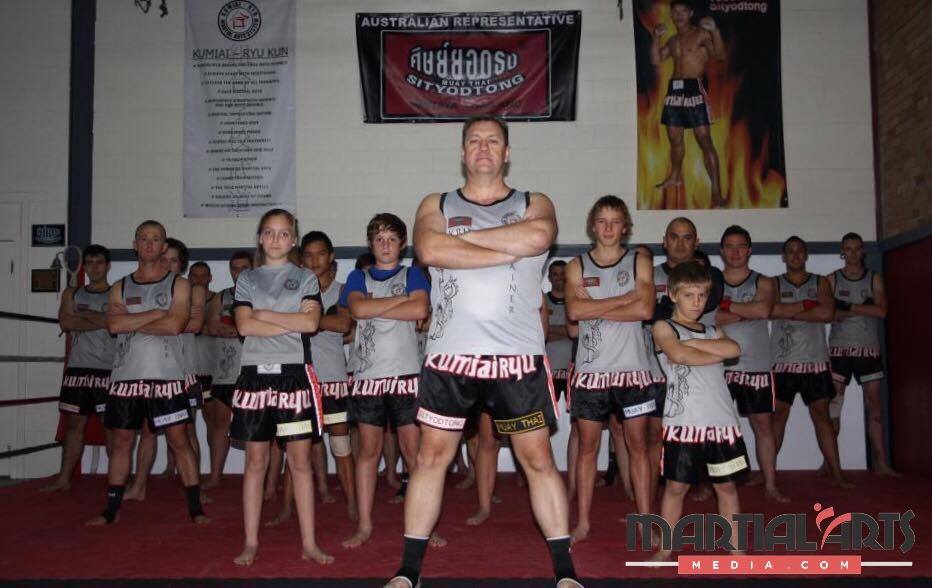
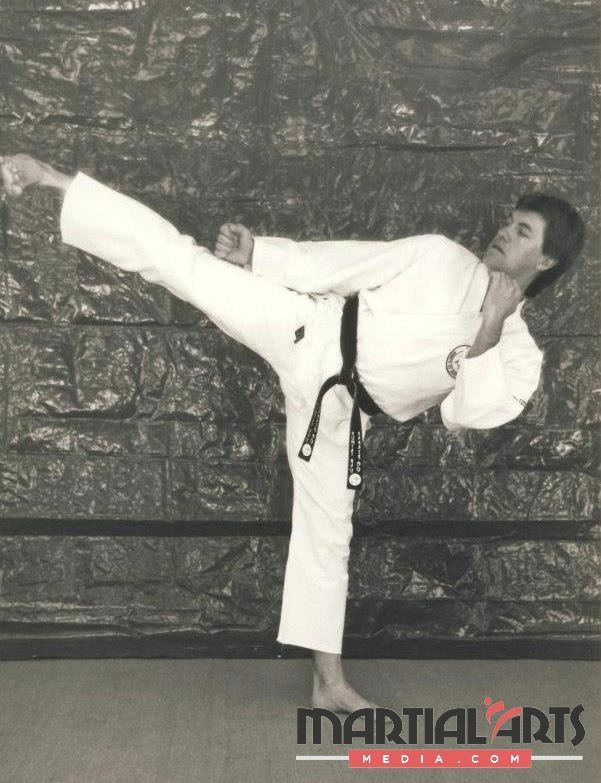 KEVIN:
KEVIN: 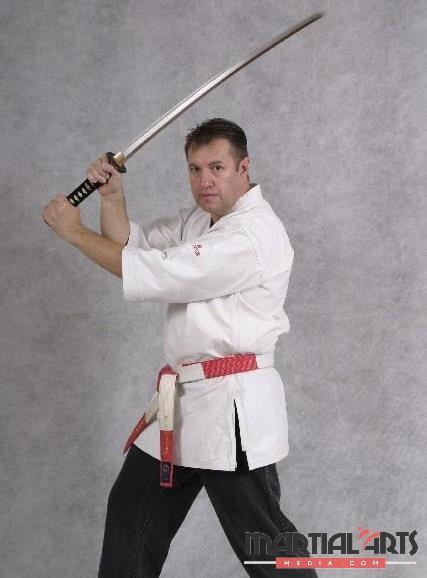 KEVIN:
KEVIN: 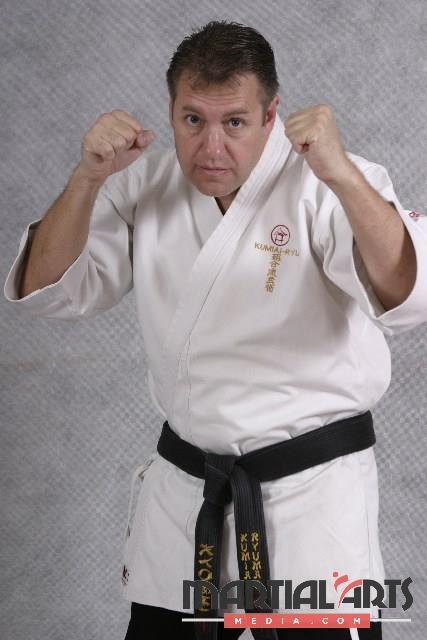 I've always been a firm believer in education and enhancement of martial arts instructors. I’m the senior vice president of the martial arts industry association, which provides an accreditation program. I’m also the New South Wales president of
I've always been a firm believer in education and enhancement of martial arts instructors. I’m the senior vice president of the martial arts industry association, which provides an accreditation program. I’m also the New South Wales president of  That's why it’s so important that you don't sell them anything and you make sure they fully understand the program. We talk a lot about things like there is going to be a time when you don’t feel like coming or your child won’t want to come so we have strategies to help them move past those phases. So it’s very important that people when they come to your organization, are very clear what they're getting. And don't oversell, OK? Here's a saying that's underselling, overdeliver and that's a really important thing.
That's why it’s so important that you don't sell them anything and you make sure they fully understand the program. We talk a lot about things like there is going to be a time when you don’t feel like coming or your child won’t want to come so we have strategies to help them move past those phases. So it’s very important that people when they come to your organization, are very clear what they're getting. And don't oversell, OK? Here's a saying that's underselling, overdeliver and that's a really important thing. 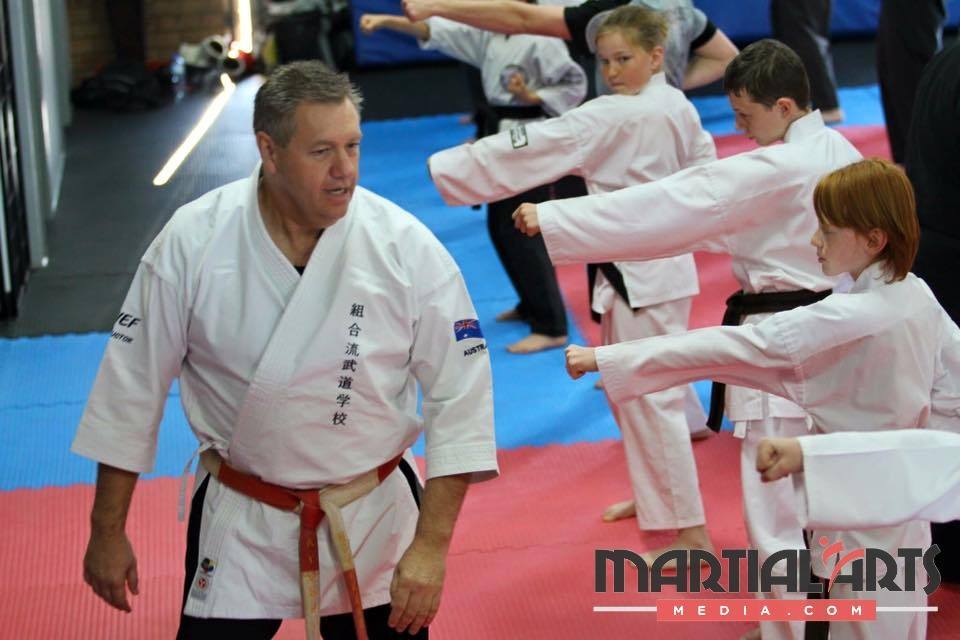 KEVIN:
KEVIN: 
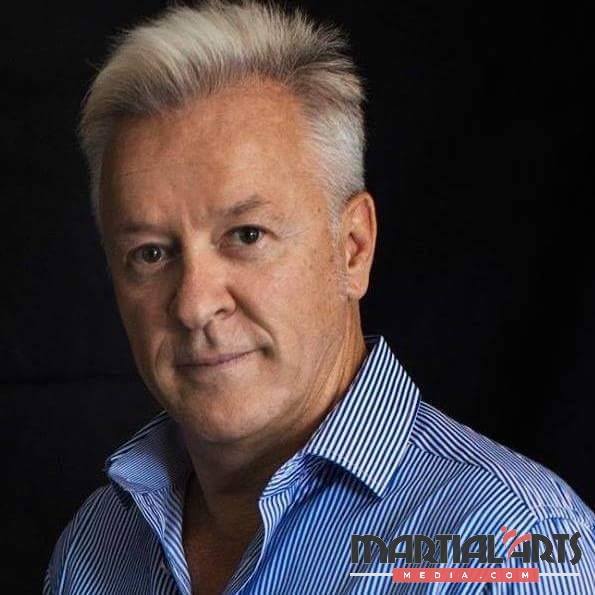 GEORGE:
GEORGE:  FARI:
FARI:  The goal is always to own your own home and have the stable income. But again, I think people are getting caught up too much with the hype and success has become different things. Ultimately, to me, it’s to be able to live a lifestyle teaching what you enjoy and not have the pressure, financial pressure to do that – to me, that's success, because you can’t beat peace of mind. I don't want to be looking at my next student as, how much money will I make. I need to get the extra student to pay my bills, or buy my next car. You know what? I want that person to join because I actually believe this will be the best thing for them. Absolutely, no doubt in the world. And if they join, I have the platform and experience of teaching that in all our centers that we share in the success. And to me, that is success. But you know, to have the pressure, the hype – I honestly find that quite, quite sickening.
The goal is always to own your own home and have the stable income. But again, I think people are getting caught up too much with the hype and success has become different things. Ultimately, to me, it’s to be able to live a lifestyle teaching what you enjoy and not have the pressure, financial pressure to do that – to me, that's success, because you can’t beat peace of mind. I don't want to be looking at my next student as, how much money will I make. I need to get the extra student to pay my bills, or buy my next car. You know what? I want that person to join because I actually believe this will be the best thing for them. Absolutely, no doubt in the world. And if they join, I have the platform and experience of teaching that in all our centers that we share in the success. And to me, that is success. But you know, to have the pressure, the hype – I honestly find that quite, quite sickening. 

